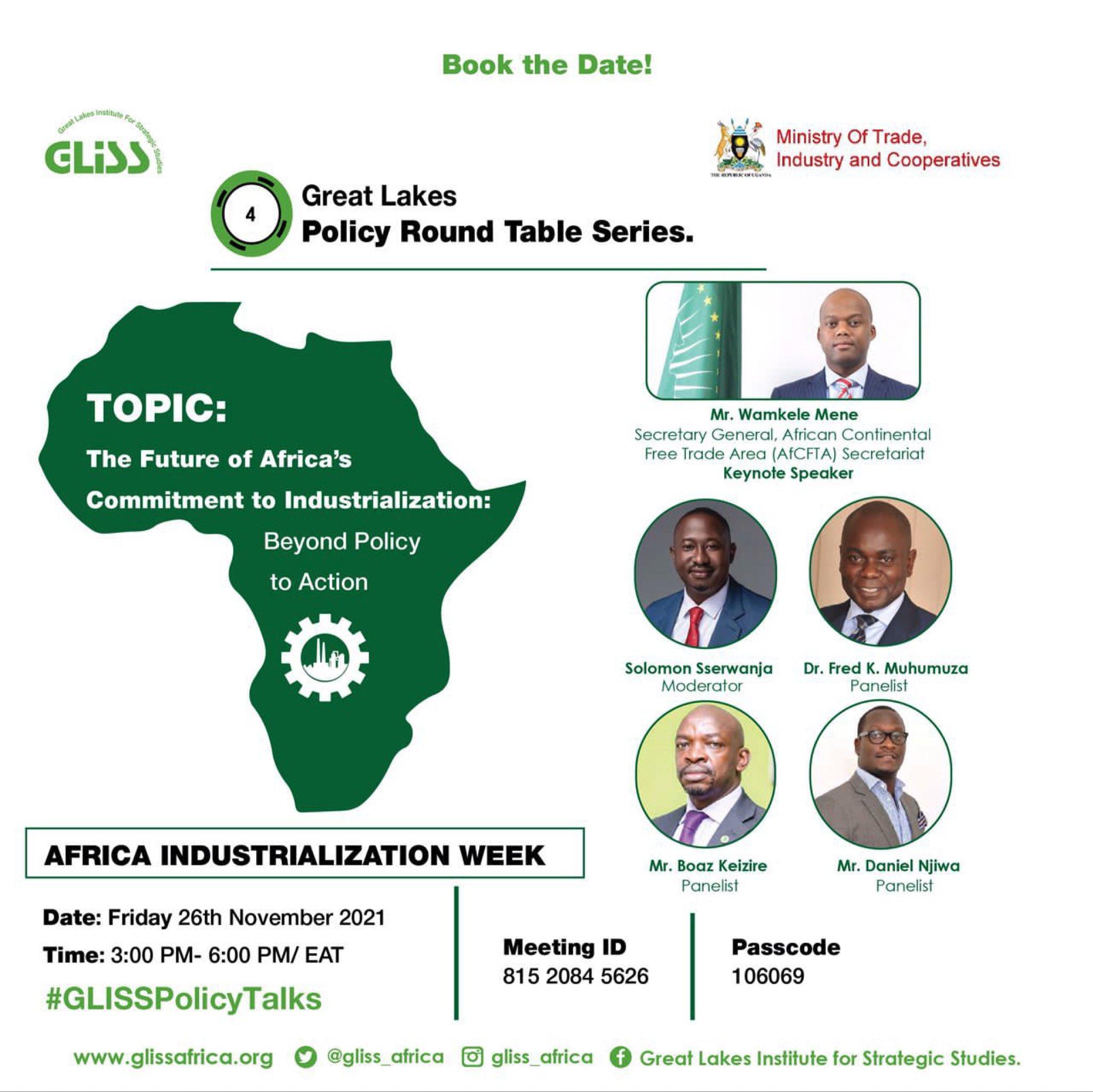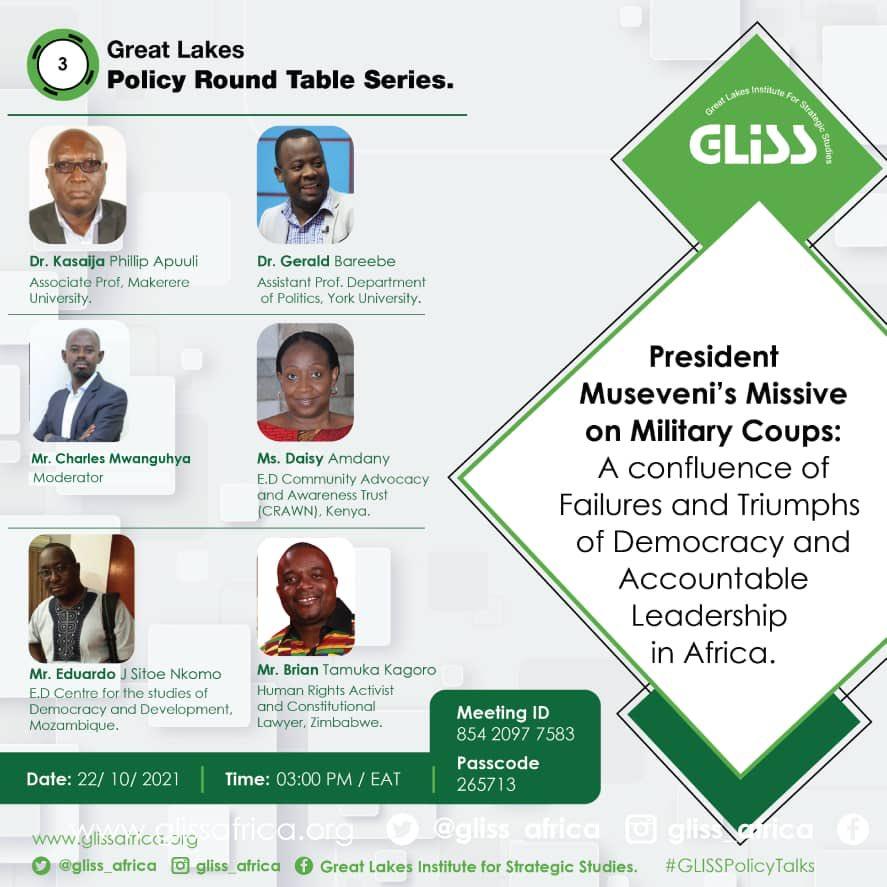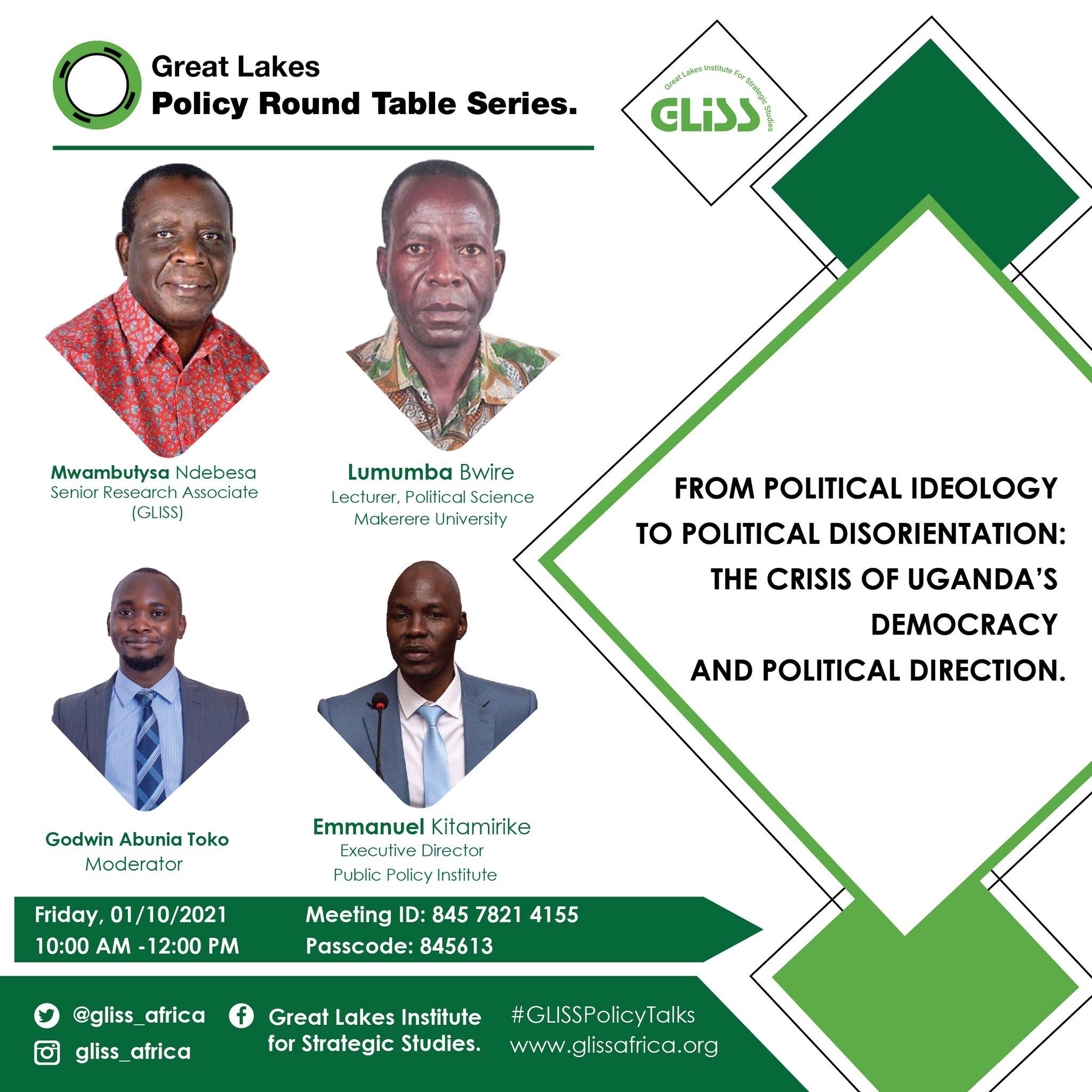Ideas are shaping the future
From the national capitals to the African Union Headquarters in Addis Ababa and the United Nations headquarters in New York, the future is increasingly being shaped by those who invest in the generation of new knowledge and ideas. New knowledge and ideas are shaping policy and governance narratives and in many cases enabling people to monopolize the spaces for policy conversation and dialogue. In the hallways of the African Union, major policy agendas with profound policy implications for individuals, households, communities, nations, gender and different demographic communities are emerging
The governance and development agenda of the continent is vast and changing in a variety of ways. In the political arena, the African Union has adopted a number of instruments covering democracy, rule of law, elections, accountability and many others. Many of these instruments are rarely followed or are hardly known. The processes through which they are developed remain the preserve of public sector bureaucrats and there are hardly any clear mechanisms or political will to translate them into practice. Critical citizen constituencies such as professional bodies, religious formations, trade unions or civil society continue to play at the fringes of the continental political discourse largely transacted within the barricaded architecture of the African Union.
A series of continental development policy frameworks have been adopted since 2000. The New Economic Partnership for Africa’s Development (NEPAD) and the African Peer Review Mechanism (APRM) brought promise and hope to a continent that was on a path to claim the first decade of the 21st century. In a 2010 report titled Lions on the Move, McKinsey Global Institute pointed out that Africa’s collective GDP in 2008 was estimated at $1.6 trillion. The report further estimated that consumer spending for the same year was $860 billion presenting considerable growth potential and opportunities for business. A combination of efforts at deepening regional integration, changing demographic structure, increased participation of women and a vibrant young population are generating a sense of optimism about the prospects of business opportunity on the continent.
The entry into force of the Africa Free Trade Area (AfCFTA) agreement in May 2019 was heralded as another new beginning. The agreement is projected to create the largest free trade area in the world measured by the number of countries participating. It will connect Africa’s 1.3 billion people across 55 countries with a combined gross domestic product (GDP) estimated at $3.4 trillion. A host of other continental strategies such as African Mining Vision, Green Recovery Action plan 2021-2027 and many others have been adopted although there is evidence that a broader cross-section of the African people don’t know their existence or the opportunities they present.
The fundamental challenge for the continent is how to get more African peoples engaged in the conversations about the present and the future governance and development trajectory. There are not many forums outside officialdom where African’s talk about these commitments by African heads of state and African Union bureaucrats. Most of the citizens’ conversations are located in national spaces as such conversations are often led by national level civic organizations. There are very few think tanks that are dedicated to study and understand complex regional issues and public policy responses to emerging policy challenges. Most of the think tanks in the sub-region are national in character or mainly pursue national policy agenda.
The Great Lakes Policy Round Table Series, therefore, are purposed to draw together thinkers, academicians, business leaders, civil society activists, government officials, media, policymakers and practitioners with interest in the Great Lakes and its geo-politics. The initiative is non-partisan and is hosted at the Great Lakes Institute for Strategic Studies (GLISS)
What do we seek to accomplish?
The overall objective of the Great Lakes Policy Round Table Series is to encourage and sustain a bipartisan dialogue on contemporary and emerging governance and public policy issues affecting the African continent. Our commitment is to get Africans from all segments of society talking about African issues as well as other issues that impact the continent.
The Series aim at pursuing the following specific objectives:
- Convene regular dialogues on governance and public policy;
- Publish think pieces in the Great Lakes Policy Updates;
- Support African governments and AU institutions in policy outreach.
The Great Lakes Round Table Series is designed to evolve as a dynamic and interactive platform where Africa relevant knowledge on governance and public policy is generated, shared and disseminated.
Convening modalities
The Great Lakes Round Table Series are convened both as physical and virtual events. The mode of convening is designed to ensure the widest participation of Africans both on the continent and in the diaspora. Deliberate efforts are made to ensure there is full participation of women, young people and citizens engaged in informal businesses. The Series will also use a variety of modes of presentations including guest speakers, panel presentations and guest lecture sessions, among others.
About Great Lakes Institute for Strategic Studies (GLISS)
Great Lakes Institute for Strategic Studies (GLISS) is an independent regional policy think tank based in Kampala, Uganda. Our work is organized around 6 broad programme areas: democracy and rule of law; regional security governance; inclusive growth and development; cyber policy and digital rights; strategic minerals and oil governance, and climate change and climate finance. Our four-pillar business model focuses on the use of evidence to inform public policies that improve the delivery of public services that create a positive impact in transforming communities.




